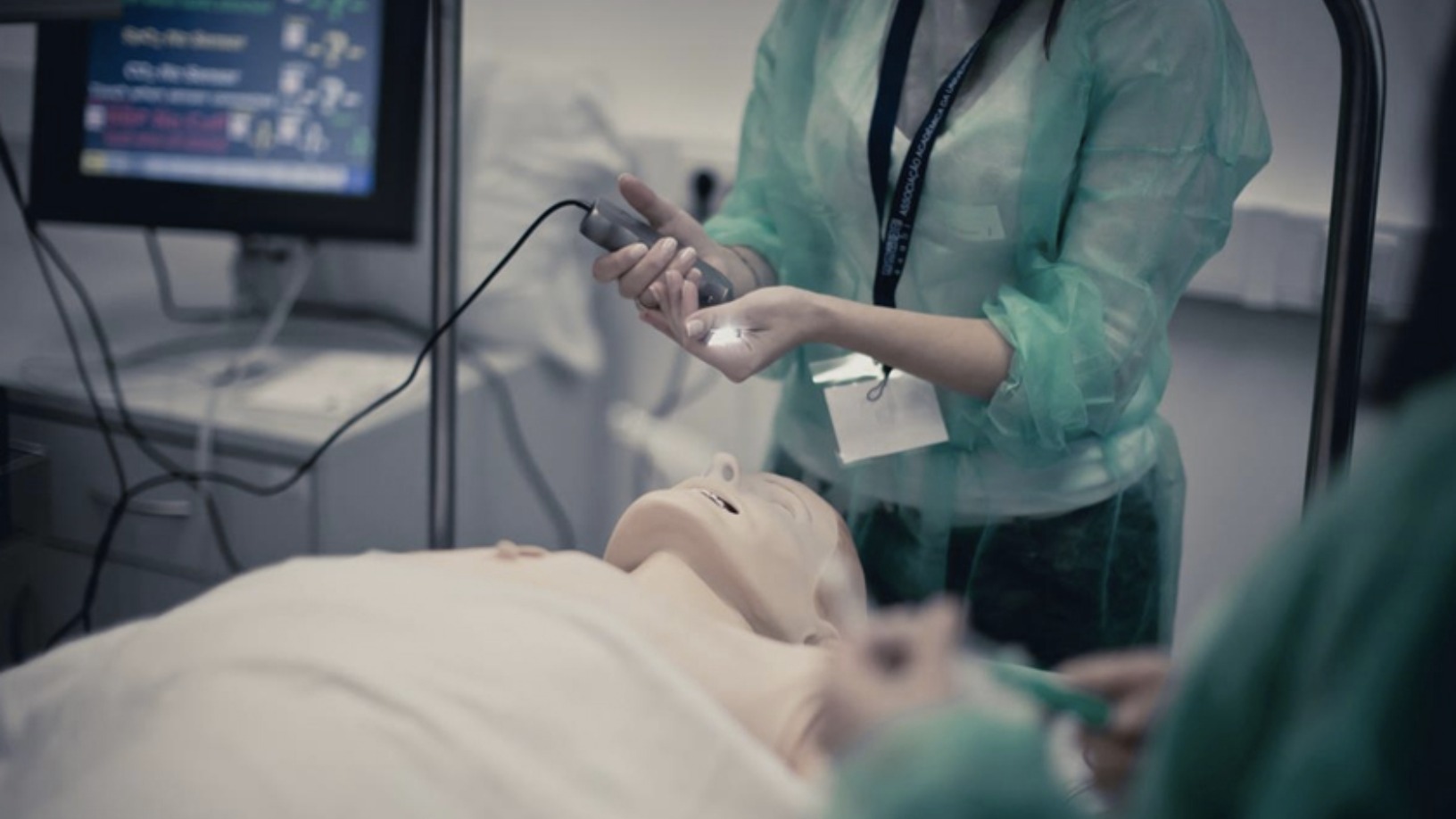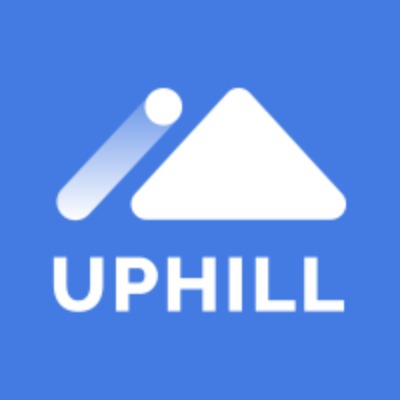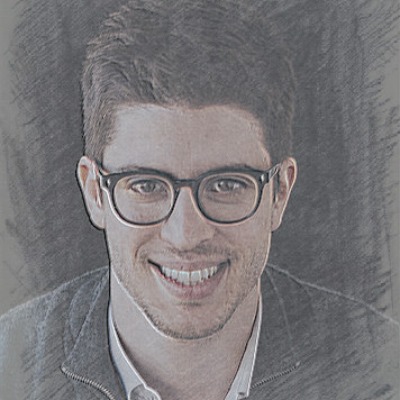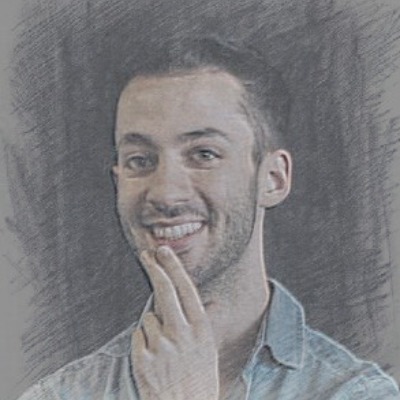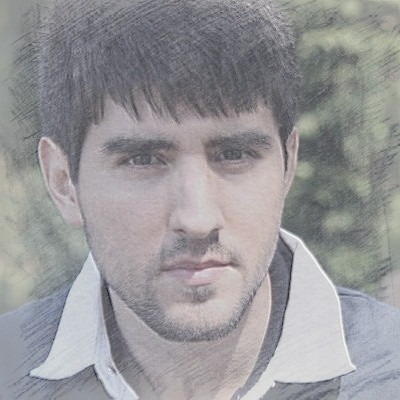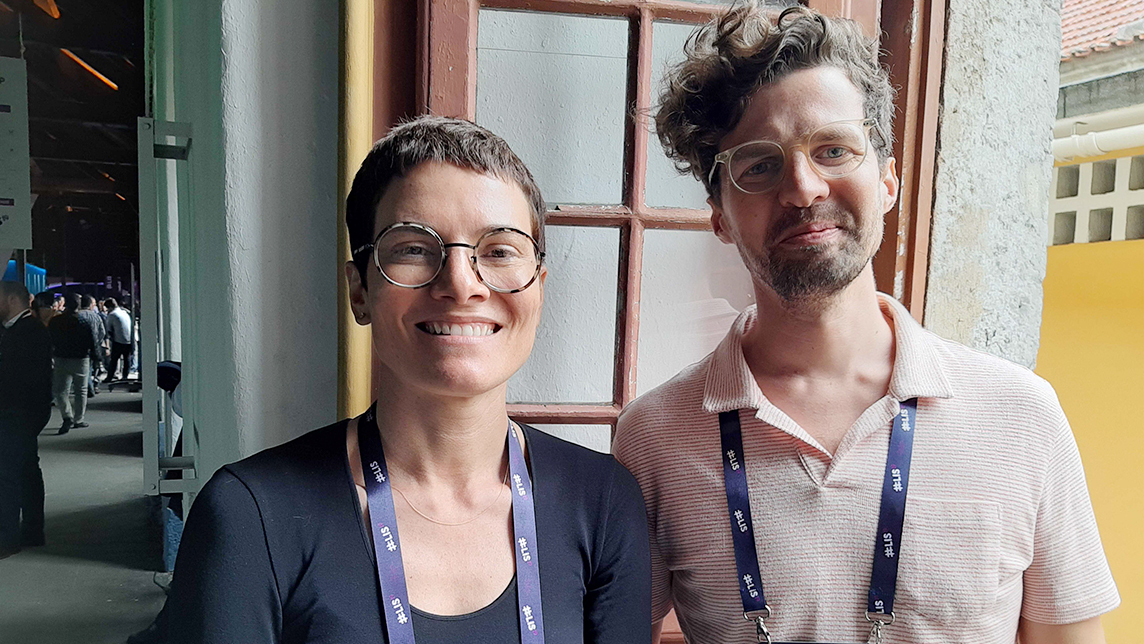Most new clinical information remains in academic publications and unused until formerly implemented – a process that usually takes several years. This means that potentially vital research is often not readily available to medical practitioners on the ground. Portuguese startup UpHill answers this need by bridging the divide between research and application – something the Covid-19 pandemic has lent an even greater urgency.
Medical postgraduate researchers Eduardo Freire Rodrigues, Duarte Sequeira and Luís Patrão created the medtech specifically as an on-the-job learning tool for medical professionals and teams. Already used by practitioners in five European countries through its partnership with pharmaceutical giant Novartis, UpHill’s Simulate SaaS provides interactive clinical simulation for training in English and in Portuguese.
The startup recently added Covid-19 to the range of pathologies covered, tackling precisely what is most urgent in the medical community today. Until a vaccine for Covid-19 is on the market and as new infections continue to surge globally, doctors would be greatly supported by having up-to-date guidance on Covid treatment based on fast-evolving research findings.
The Covid segment brings together the most recent best practices sourced by UpHill to assist health professionals in decision-making, by facilitating rapid access to performance protocols, accessing the latest scientific data and testing practical skills when diagnosing and treating the pandemic. UpHill’s course contains a simulation of a clinical case, as experienced in an ER or a surgery, aimed at achieving best practice among its users. They are first asked to select the most effective outcomes from four categories: examination of records, physical examinations, diagnosis of the pathology and the resulting prescription. Simulate then provides detailed feedback on the actions chosen, including scoring and access to the related clinical evidence.
“Instead of having to read 15 bibliographic articles as I used to, I receive a diagnosis and only have to get up to speed on those areas that the software flags up as needing practice,” Freire, UpHill’s CEO, told media.
Indeed, research shows that simulations in medical training increase practitioners' confidence to use life-saving skills and that they are considered increasingly important in medical training. “We don't believe that knowledge can be transmitted. Knowledge comes by doing and this is why we have clinical simulations as the basis of learning,” he said.
Sharing insights
Simulate's clinical training provides modules for both newly researched and the most commonly experienced pathologies from across the medical spectrum. For example, in Portugal, heart failure content is one of the most in-demand in Simulate. All 58 clinical cases currently available or pending publication in Simulate have been created by physicians and validated by a specialist.
“When a doctor has to treat a pathology for the first time, he or she might encounter more difficulties or insecurities,” co-founder Sequiera, who is also a public health consultant, told media. “UpSim [now Simulate] helps doctors to deal with pathologies that they might never have heard of in order to respond to a specific knowledge gap or to gain a better perception of an area they are not specialized in.” For patients, this means “a better guarantee that doctors are prepared for the problem and that the care they receive is the most supported by scientific evidence.”
Many tens of thousands of medical research papers are published every year in a dynamic field where knowledge is constantly evolving. While hospitals often make their own compilation of relevant research, it is not immediately available and can be in a lengthy, unsearchable form. Meanwhile, some medical directives based on research don't ever reach their intended audience.
“With UpSim [Simulate], doctors receive scientific updates in a direct, fast and efficient way,” Sequeira said. He compares Simulate to “a personal trainer” but not as a substitute for professional intervention.
As well as direct training, the SaaS allows physicians to discuss different treatments and share their insights through the platform or via in-person sessions that UpHill also organizes as a separate product offer. The software uses AI to analyze performance based on the number of correct actions taken and the quality of the case registration process, including mentions of keywords and the ratio between necessary and unnecessary actions selected.
In February 2020, UpHill launched a new product called Notation, a tool allowing healthcare professionals to set up their own clinical protocols in a standardized and simple manner. Until then, there had been no standardization how of clinical protocols were put into action nor any set location for their storage and consultation.
Hospital partnerships
The founding team had its beginnings at Beira Interior University in Covilhã, where Sequeira was pursuing his PhD in Medicine. There, he met Patrão who was working as executive coordinator of the Clinical Skills Lab and who had also completed a doctorate. Besides his co-founder role, Patrão works as a physician in internal medicine in the city of Viseu's intensive care unit.
The pair got together with Freire, the only co-founder now working full-time at UpHill, who was studying for his master's in Medicine at Lisbon's NOVA Medical School, where he is still an invited assistant. The trio started to devise their software while still studying and were helped by €80,000 in prize money from winning Portugal's 2016 Young Entrepreneur award from the National Association of Young Entrepreneurs. The name UpHill was selected because of the struggle faced by medical practitioners in keeping up to speed in the field.
Simulate's development continued at Beira Interior University, where the team was supported in patenting the software and where they made presentations to medical groups, resulting in today's client base. The private sector was more receptive because of its faster purchasing process, while Beira Interior University currently uses the software to test its students.
The startup has quickly built up a decent customer base since the launch of its software in 2016. It started with local private healthcare groups, including Lisbon's Hospital da Luz whose parent company Luz Saúde led UpHill's 2019 seed round, and the José de Mello Saúde group, which operates under the CUF brand. The startup raised €600,000 in seed funding with the participation of Caixa Capital and Bynd, formerly known as Busy Angels.
UpHill moved to Lisbon in 2018 and now has approximately 100,000 registered users in Portugal, with 11 full-time staff as well as 70 collaborators who mainly update the research and simulations. It is also available in the Netherlands, Greece, Sweden and Norway through its partnership with Novartis. Its future expansion plans include entering the UK imminently as well as Germany, France and Spain. Planned entry into the latter market in 2019 was scrapped due to a need to provide Spanish-language content.
